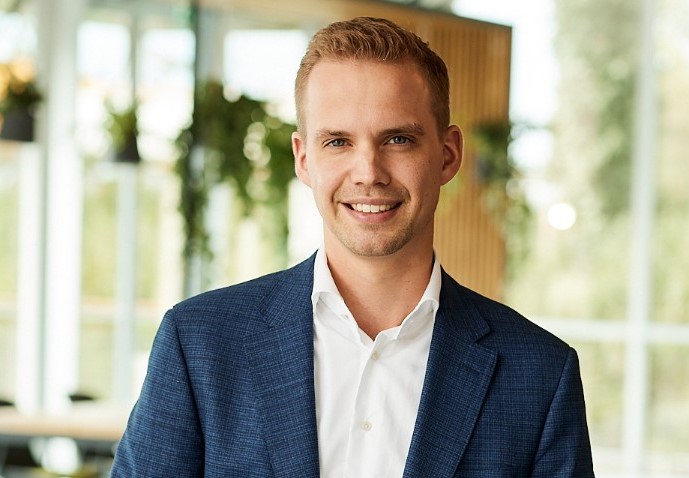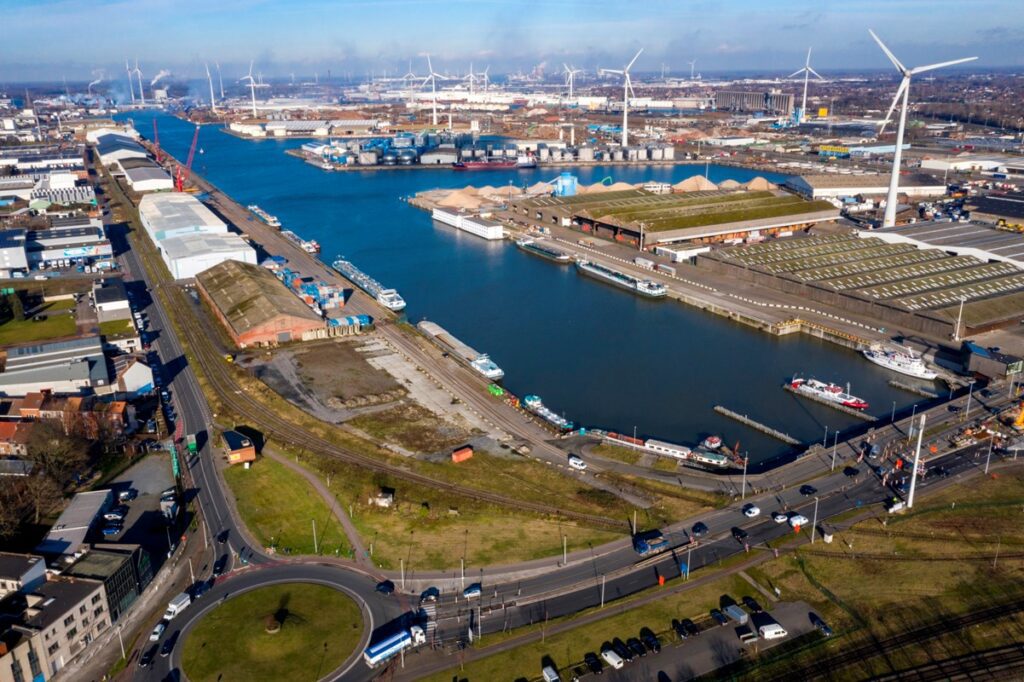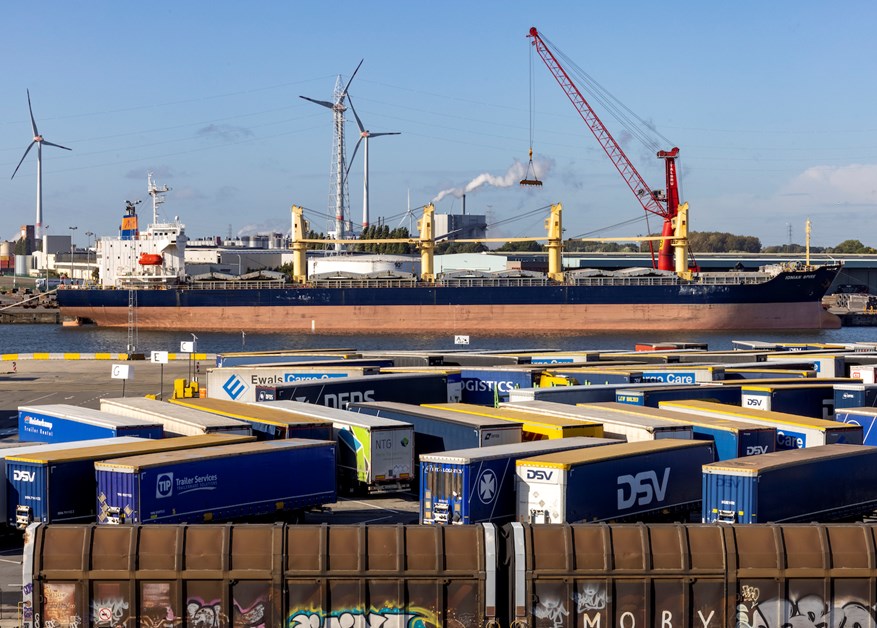“If we can make the transition anywhere, it is at North Sea Port”
North Sea Port is positioning itself as Europe’s leading sustainable port, says Chief Sustainability Officer and board member Maarten den Dekker. And not just because it has to according to laws and regulations. “Sustainability 2023 is not a marketing gimmick, it is about added value and social responsibility. If we do not achieve a significant reduction in CO2 emissions in the coming years, we will have to seriously scratch ourselves behind the ears”.
Maarten den Dekker took up his new position on 1 June 2023. As Chief Sustainability Officer (CSO), he is responsible for energy, climate and circularity. He replaces Dick Engelhardt, Chief Development & Nautical Operations, who has retired. With this appointment, North Sea Port is opting for an internal candidate and a new role for sustainability within the executive board.
The rejuvenation does not come out of the blue. Den Dekker has been on board for six years and has been project manager for Sustainable Transition and co-responsible for strategic sustainability policy, including as director of Smart Delta Resources in the Netherlands (SDR) – the regional partnership for sustainable industry. In a previous position at the Dutch Ministry of Economic Affairs, he worked extensively with industry and energy.
Added value
The key concept for the sustainable port is added value, says Den Dekker. “Sustainability is not a ‘must’ for North Sea Port and our partners. It couldn’t be otherwise if you look at the challenges facing the industrial cluster. In any case, we have traditionally not been a port authority that only focuses on volume, but also on added value: complementarity and good hinterland connections. We are among the top 3 in Europe in terms of added value and we still have room for the development of a sustainable industry.”
Industry has a large carbon footprint. This is also where the biggest progress can be made. Den Dekker mentions the Zeeland refinery, ArcelorMittal Belgium, Dow and Yara. “In itself, the situation is quite clear: these are the companies with the biggest footprint, and we don’t want to lose them. There is no port cluster in Europe that brings together such a variety of industries. In shipping, the situation is a bit more complicated: in inland waterway shipping, we are looking at the use of sustainable fuels. And we are making progress in the field of shore-side electricity, for which we are building more and more facilities. Maritime transport has not yet reached that stage. The same goes for electric trucks. We still have a long way to go in terms of long-distance transport and the necessary charging infrastructure.”
The big steps in CO2 reduction have to be taken by the industry itself. The establishment of a CSO on the board of directors creates a new division of tasks at North Sea Port and new steps, says Den Dekker. “We are already taking a critical look at social responsibility, both our own and that of the companies in the port.”
Sustainable industry
The next step is to expand sustainable industry. “Think about building and maintaining offshore wind farms, hydrogen plants, recycling companies, CO2 capture, onshore wind and possibly a new nuclear power plant in Borssele (NL). The sustainable economy will need a lot of space for this – redeveloped or new”.
As well as physical space, grid capacity is key. In one setback, grid operator Tennet announced in July 2023 that it would temporarily stop connecting new companies in Zeeland, the Dutch part of the port. North Sea Port was “unpleasantly surprised”. “We will immediately work together to find solutions,” said Den Dekker.
For the business climate and the energy transition in the short term, this is not good news, CEO Daan Schalck told Flows in July. Zeeland’s electricity grid is not yet physically full, but has too much peak load, he said. “The announcement has only increased the need for a 380 kV connection to Zeeuws-Vlaanderen.”
CO2 capture
The biggest short-term CO2 reduction comes from CO2 capture, transport and storage. North Sea Port is not part of the Porthos project, approved by the Council of State in early August, which facilitates CO2 storage in North Sea gas fields. “Porthos will be filled by companies from the Rotterdam port cluster. We are focusing more on new projects, such as Aramis, a little further afield, and Norway’s Northern Lights”.
CO2 storage is only a chimney solution, says Den Dekker. “As far as we are concerned, sustainable ambitions are about the input to the plant: the raw materials. Firstly, limiting emissions. Secondly, we want to be an attractive location for sustainable industry and to develop that added value. Thirdly, waste streams should be used for reuse, i.e. recycling. Then you are not only on the way to zero, but to a new economy that gives back to society.
North Sea Port and established companies cannot do this alone. “We are fully aware that we have a major impact on our surroundings. That is why we are active in consultative bodies, as they are known in two countries, from village councils to the European Commission. North Sea Port is playing in the Champions League of ports, with additional responsibilities. Sustainability has become our core business. If we can make the transition anywhere, it is at North Sea Port,” concludes Den Dekker.
This post “Als we ergens de transitie kunnen maken, is het in North Sea Port” – Flows first appeared on Flows news site – October 15, 2023.
Image credit: North Sea Port


